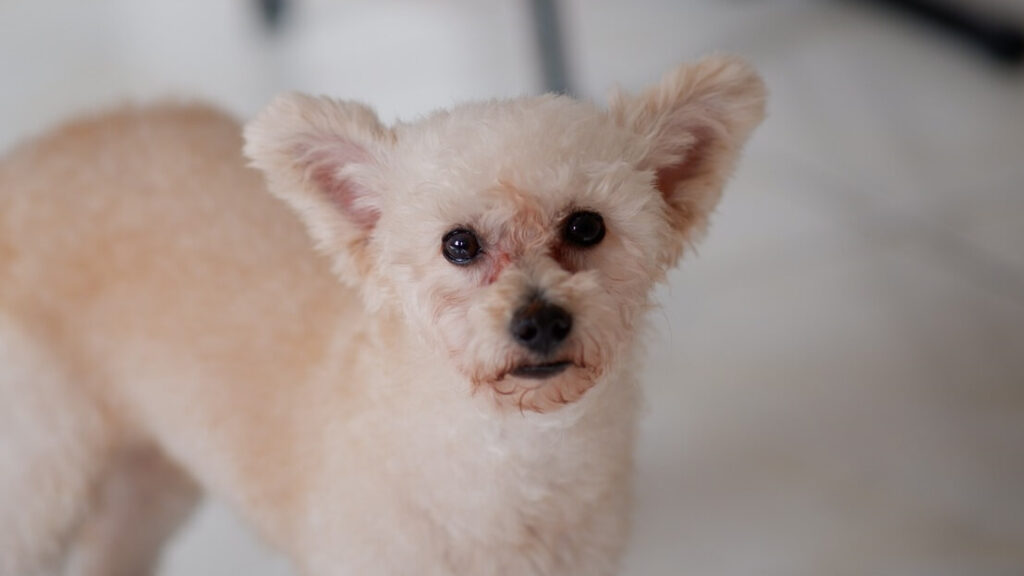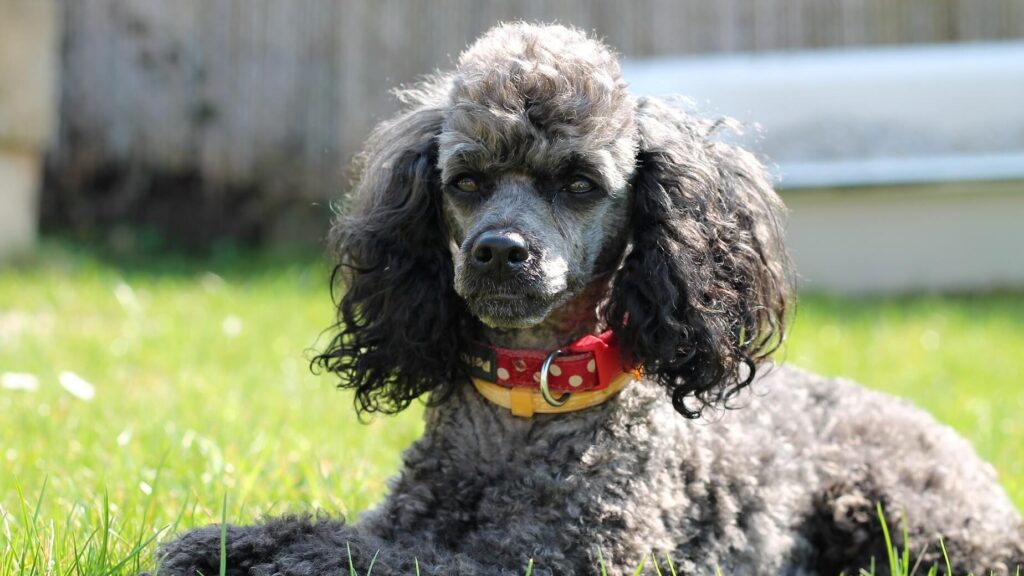Introduction to Hypothyroidism in Dogs
When it comes to the health of our beloved pets, understanding potential health issues is crucial. For dog owners, particularly those with Miniature Poodles, hypothyroidism is one condition that warrants attention.
Hypothyroidism is a disorder where the thyroid gland doesn’t produce enough thyroid hormones, leading to various health problems.
This guide will help you recognize signs of hypothyroidism in Miniature Poodles, offering key insights and practical tips to ensure your furry friend stays healthy and happy.
Understanding Miniature Poodles and Their Health Needs
Miniature Poodles are known for their intelligence, elegance, and lively personalities. However, like all breeds, they have specific health needs. Understanding these needs can help you provide the best care for your pet.
Miniature Poodles are prone to certain genetic conditions, and hypothyroidism is one of them. This disorder can affect their metabolism, energy levels, and overall well-being, making it essential for owners to stay vigilant.

Signs and Symptoms of Hypothyroidism in Miniature Poodles
Recognizing the signs and symptoms of hypothyroidism in Miniature Poodles is the first step to ensuring timely intervention. Here are some common indicators to watch for:
Physical Changes
One of the most noticeable signs of hypothyroidism is a change in your dog’s physical appearance. Miniature Poodles with hypothyroidism may experience weight gain despite having a normal or decreased appetite. Their coat may become dull, thin, or start to fall out, and their skin might appear dry or flaky.
Behavioral Changes
Behavioral changes are another red flag. Hypothyroid dogs often seem lethargic, showing a lack of interest in activities they once enjoyed. They might sleep more than usual and display signs of depression or irritability.
Additional Symptoms
Other symptoms can include intolerance to cold, recurring ear infections, and a slower heart rate. If you notice any of these signs, it’s crucial to consult your veterinarian for a definitive diagnosis.

The Importance of Early Detection
Early detection of hypothyroidism can make a significant difference in managing the condition. When caught early, treatment can prevent more severe health issues and improve your dog’s quality of life. Regular vet check-ups and being attentive to any changes in your Miniature Poodle’s behavior or appearance are essential steps in early detection.
Tips for Preventing and Managing Hypothyroidism
While hypothyroidism cannot always be prevented, there are steps you can take to manage the condition and support your dog’s health.
Regular Vet Visits
Ensure your Miniature Poodle has regular vet visits. Routine blood tests can help detect hypothyroidism early, allowing for prompt treatment.
Balanced Diet and Exercise
Maintaining a balanced diet and regular exercise regimen for your Miniature Poodle can help keep their weight in check and support overall health. Consult your vet for dietary recommendations tailored to your dog’s specific needs.
Medication and Monitoring
If your dog is diagnosed with hypothyroidism, medication will likely be prescribed to regulate thyroid hormone levels. Follow your vet’s instructions carefully and monitor your dog’s response to the treatment, reporting any concerns immediately.

Case Studies of Miniature Poodles with Hypothyroidism
Real-life examples can provide valuable insights into managing hypothyroidism in Miniature Poodles.
Case Study 1
Meet Bella, a five-year-old Miniature Poodle who was diagnosed with hypothyroidism after her owner noticed she was gaining weight and losing interest in playtime. With early diagnosis and proper medication, Bella regained her energy and maintained a healthy weight.
Case Study 2
Max, a seven-year-old Miniature Poodle, exhibited symptoms like a dull coat and frequent ear infections. After being diagnosed with hypothyroidism, his owner followed a strict treatment plan, including medication and a special diet. Max’s condition improved significantly, showcasing the effectiveness of timely intervention.
Case Study 3
Luna, a four-year-old Miniature Poodle, was diagnosed with hypothyroidism after showing signs of lethargy and cold intolerance. With regular vet visits and careful monitoring, Luna’s condition was managed effectively, allowing her to live a happy, active life.

Conclusion and Call to Action for Regular Vet Visits
Understanding hypothyroidism in Miniature Poodles is crucial for their health and happiness. Recognizing the signs, ensuring early detection, and following a robust management plan can make all the difference.
If you suspect your Miniature Poodle might be showing symptoms of hypothyroidism, schedule a vet visit as soon as possible. Regular vet check-ups are essential for early detection and effective management of this condition.
Remember, a proactive approach to your dog’s health can lead to a longer, happier life for your furry companion.

